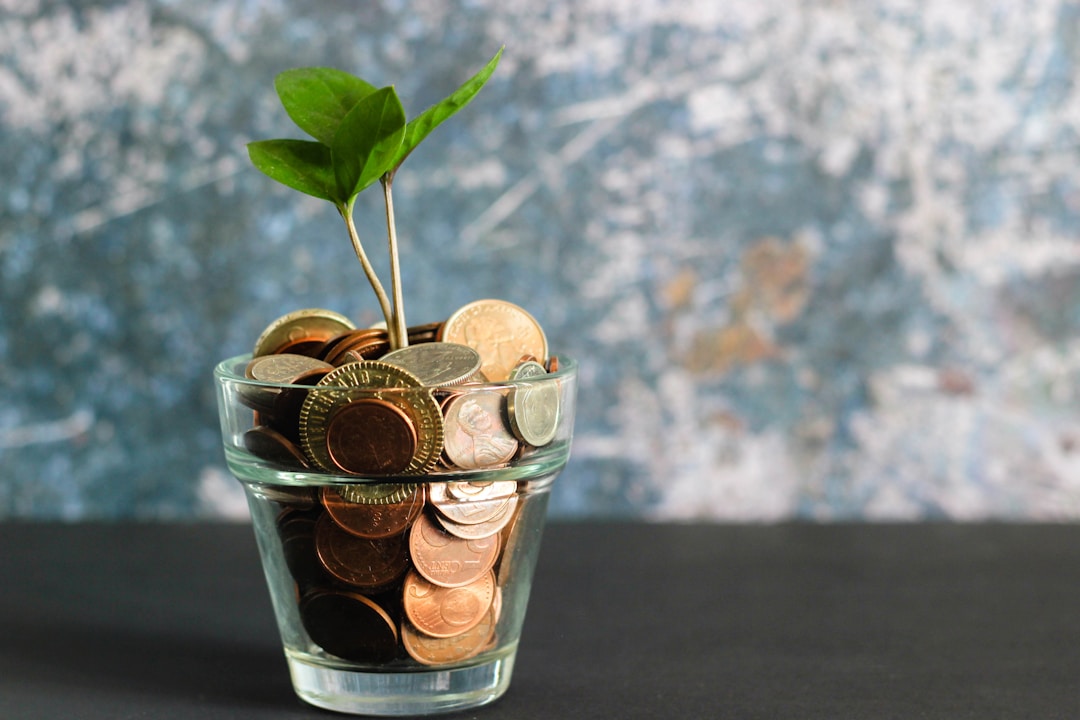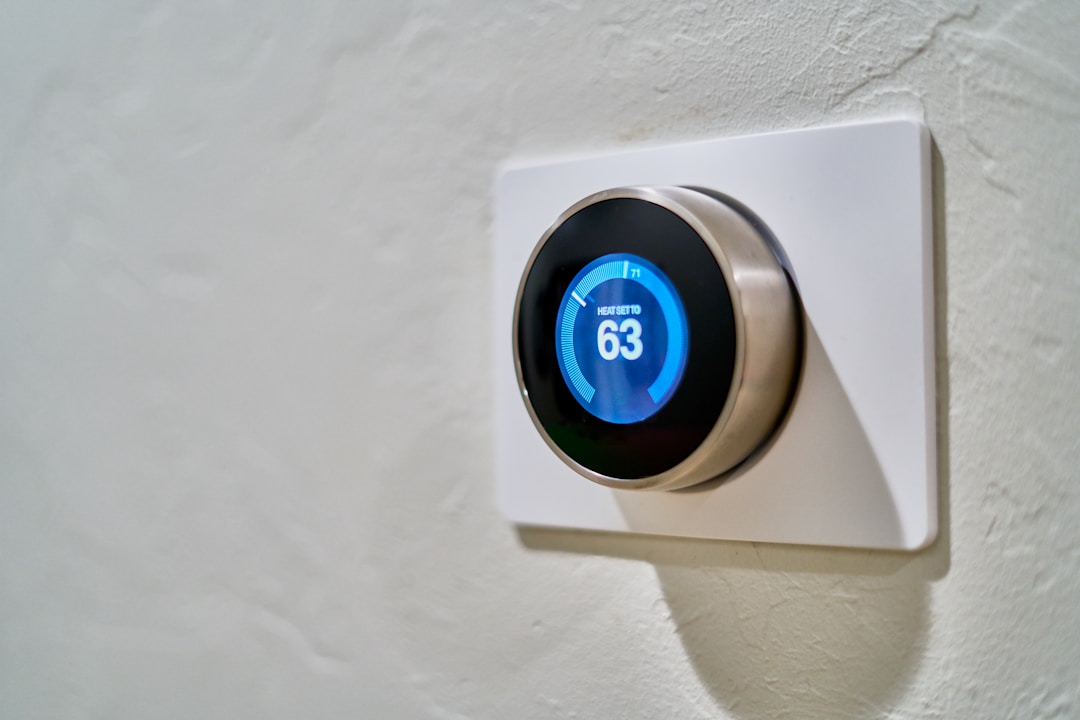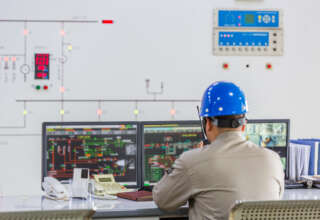The benefits of implementing an energy-efficiency plan for your household are boundless. One of the main incentives that move people to switch to energy efficiency is to lessen their environmental impact. Others may choose to adjust their home’s energy use to save money individually or to help stabilize the price of electricity in the economy. A few simple practices can increase your home’s energy efficiency without making dramatic lifestyle changes. For starters, consider obtaining a professional home energy audit. If you are unsure where to start making changes, a home energy audit will determine the places that your home is losing energy. Then, a professional auditor can identify problems that you can prioritize to eliminate unnecessary waste.
For the Planet

By increasing your efficiency, you can lower the amount of greenhouse gas emissions that you produce. The term “greenhouse gases” refers to the gases that trap heat in Earth’s atmosphere. The primary greenhouse gases are carbon dioxide, methane, nitrous oxide, and fluorinated gases. The damaging effect of each of these gases depends on how long they stay in the atmosphere, the concentration of the gas, and how strong their global warming potential is. In addition to reducing your greenhouse gas emissions, energy efficiency typically addresses your consciousness regarding wasting natural resources, like water.
For Your Wallet

High energy bills are a deciding factor for many people who make the switch to more energy-preservative practices. The culprit of a high electric bill can range from hot water usage to thermostat control. There are a few practices for avoiding overuse, such as keeping your thermostat a bit higher in the summer and lower in the winter. However, these can be tough to remember. It can also be challenging to control thermostat usage in a household with multiple people who have different temperature preferences.
One exemplary solution to this issue is a smart thermostat. Smart thermostats use artificial intelligence to recognize patterns in thermostat usage. Then, these patterns are utilized for energy-saving practices, like keeping the thermostat on energy saver mode during periods when no one is at home. Often, in the same place, you can find smart thermostat installation, you can obtain a home energy audit all in one!
Energy Efficiency Measures

You may be able to improve your home’s energy efficiency just by being mindful of your practices. For example, next time you go shopping for appliances, consider looking out for the energy-saver logo. Devices with these logos have been certified to meet government energy efficiency standards. Unplugging your appliances and electronics when they are not in use is another excellent means of conserving energy. Even when your plugs are not plugged into anything other than the wall, they can maintain a steady drain of electricity. When you go on vacation, it is crucial to unplug all electronics and appliances.
The third option for increasing energy mindfulness is by working with renewable energy sources. Solar energy, for example, is a rapidly advancing industry. Depending on your residential climate, you may be able to use solar energy to power parts of your household. For example, solar water heaters have the potential to cut down your electric bill by providing you with free fuel from the sun.
When in doubt, turn to the energy professionals and invest in a professional energy assessment. An added benefit to energy conservation is that your home performance will likely be enhanced as a result. Technologies like smart thermostats and solar water heaters have made energy efficiency more attainable than ever. Whether you’re looking to save the environment or just your wallet, making energy efficiency improvements doesn’t have to be hard!










